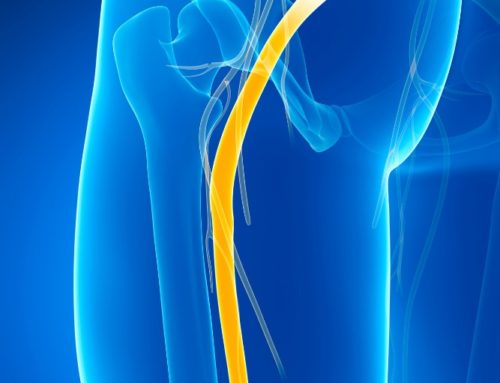Parkinson’s disease is a brain disorder affecting movement, balance, and coordination. The symptoms include stiffness, skin problems, emotional changes, and speaking issues. Usually, the symptoms gradually worsen over time, but what are the causes of sudden decline in Parkinson’s? Well, a few issues could increase the symptoms, including anxiety, stress, and depression.
To slow the progression of Parkinson’s disease, proper care is essential. It includes a tailored care plan, especially for those in the late stages of the disease. Parkinson’s care should include various aspects, such as rehab therapies, emotional support, and stress management.
For more information on how to manage Parkinson’s symptoms, take a look at the following sections.
Causes Of Sudden Decline in Parkinson’s
Parkinson’s doesn’t have a cure, though the symptoms can be managed to keep them under control. Unfortunately, some factors may cause many symptoms to fluctuate or even get worse. A few issues are more common than others.
- Stress – Chronic stress is one of the worst offenders when it comes to worsening Parkinson’s symptoms. As stress levels increase, you may notice more frequent issues with balance, memory, speech, sleep, tremors, and even depression.
- Emotional turmoil – Emotional issues can cause a host of other problems, including anxiety, depression, stress, and mood changes. As the emotional state worsens, motor symptoms also increase. If the emotional strain is improved, the symptoms may reverse in severity, though often the changes are permanent.
- Health changes – Medical issues are another possible cause of a sudden decline in Parkinson’s. These include illness, infection, chronic pain, or even surgery. Such medical issues can also lead to increases in anxiety or stress, worsening Parkinson’s symptoms even more.
- Medication – Several medications are available to help manage your Parkinson’s symptoms. They alter the chemical levels in your brain and increase the transfer of information. These become less effective when individuals take higher doses than recommended. It can worsen Parkinson’s symptoms while adding new issues, including pain, increased heart rate, depression, or anxiety.

The signs that Parkinson’s is getting worse
Worsening Parkinson’s may be concerning, though it doesn’t need to be unexpected. In fact, there are several ways to tell if the disease is progressing to a new stage. Keep in mind that not everyone will experience the same signs.
One way to tell Parkinson’s is getting worse is increased tremors. They may begin to affect both sides of your body instead of only one. You may also notice differences in movements, including changes in speed and coordination when walking. Other Parkinson’s symptoms may worsen as well, or new ones can crop up unexpectedly.
How to stop Parkinson’s disease from worsening
If you want to avoid worsening Parkinson’s symptoms, follow your doctor’s recommendations. Part of your treatment will include medication to manage your symptoms. Various therapies may also be assigned, including physical, occupational, and speech therapies.
Other ways to prevent an increase in Parkinson’s symptoms include eating a healthy diet and exercising regularly. Relaxation techniques, including massage therapy, yoga, and tai chi, help with stress, anxiety, depression, and emotional issues. Having a support system of friends, family, or a trained therapist is also beneficial to keep the disease in check.
This content comprises informative and educational resources only and can not be considered as a substitute for professional health or medical guidance. Reliance on any information provided in this article is solely at your own risk. If you have any inquiries or apprehensions about your medical condition or health goals, talk with a licensed physician or healthcare provider.






I just went and saw my Father after many years of Not..seeing his condition I found out from a family member that he was suffering from Parkinsons when I saw him he shakes uncontrollably and I left and can do nothing but cry Is there anything I can do now to help him along he lives in the woods where he would like to stay as he built this house back up from the ground pretty much through the years we are going to fix the roof caving in on him ..but is there anything I can do to make him feel better and not be do alone. As he cried when I left even though he hadn’t seen me in years I was adopted when I was five I am fifty as of a month ago. …I hadn’t seen him in around twenty years he recognized me so that’s good sign right I didn’t know my brother and sister sister being his real child has left him basically to rot. How can I help him His mind is fine at this point.
I am haveing pressure back of neck. My memory has slowly been fading I am having pain fin my shoulder muscles .Nothing matters more My farther died with alzhimer
My Parkinson’s is getting worse I think people are out to harm me
Y I have given up. I have Parkinson’s now for three years can’t take it anymore for help. Is there any help out there for me before I take it out?ee